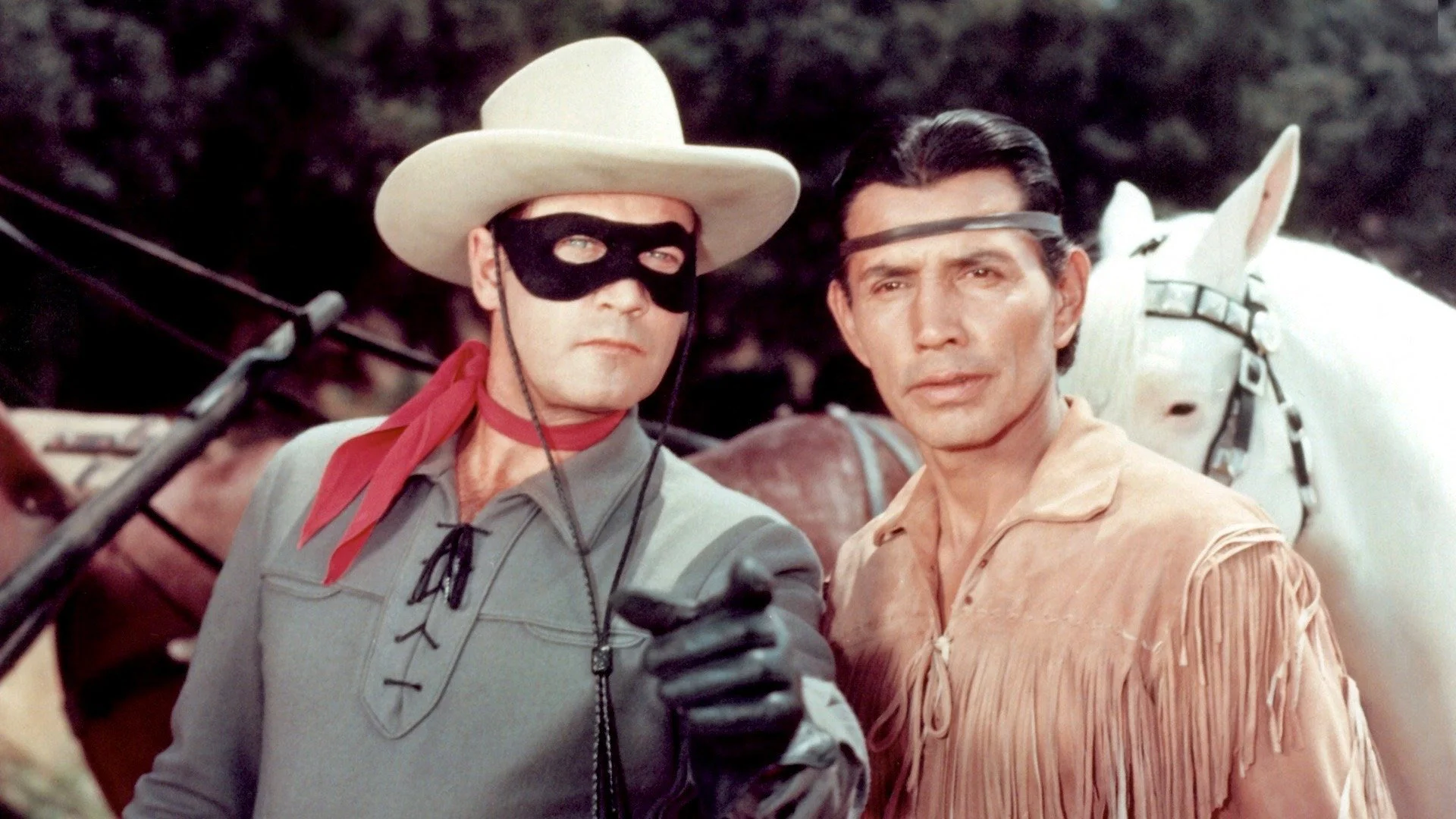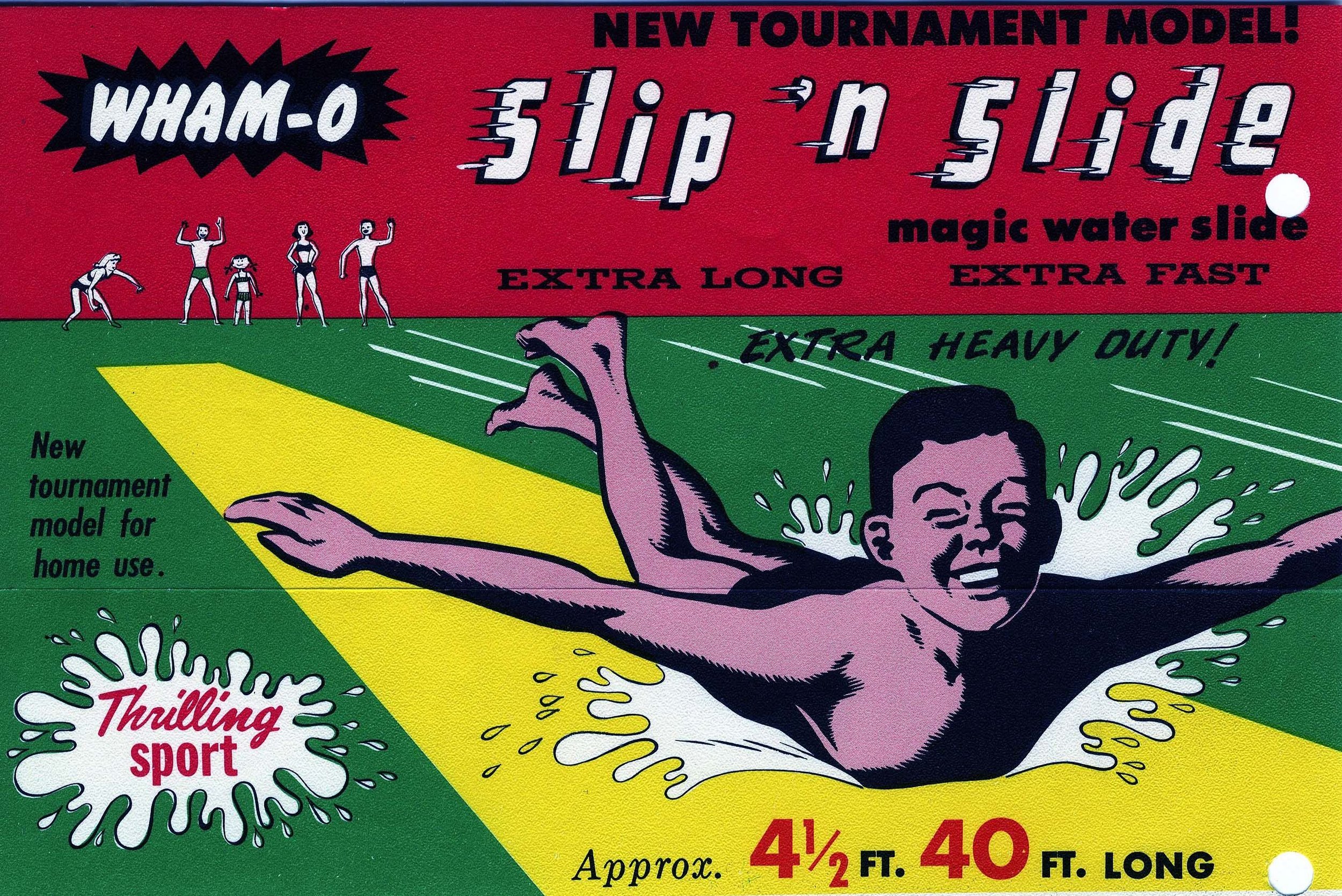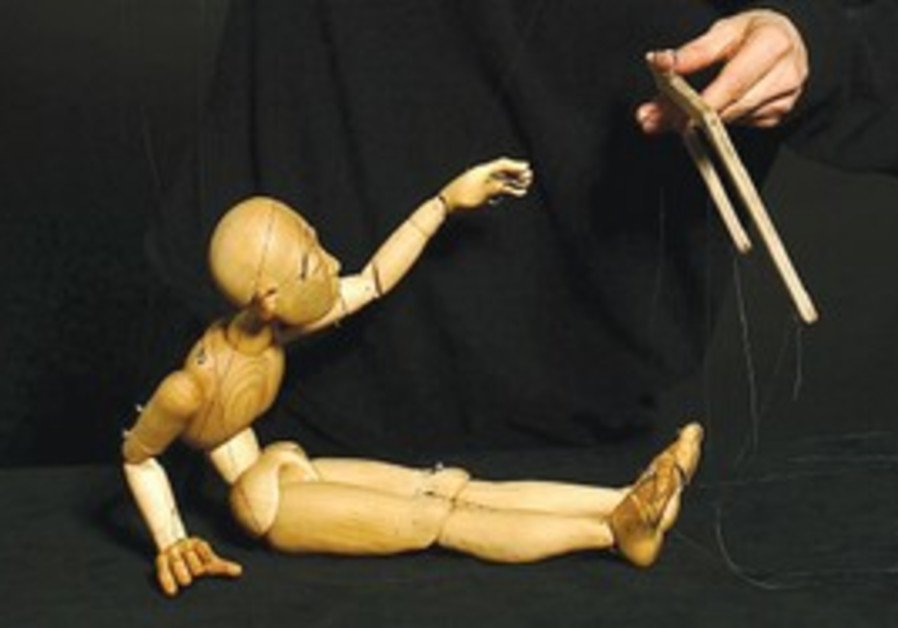MASQUERADE
/A FEW OF THE GRANDKIDS were visiting this weekend. The subject of "what are you going to be for Halloween" came up. A couple of thoughts quickly rattled around my mind like a spook house skeleton: 1.) What would I "be" if I were a kid on the eve of All Hollows Day in 2025.? 2.) Wow, there are a lot more costume options these days.
Back in the day we had clowns and bunny rabbits and princesses along with the darker options like ghosts, witches, monsters. If you were lucky enough to have parents that would spend "good" money for a store-bought costume your options opened up to cartoon characters, super heros and such. The most dreaded question for those of us whose costumes were created with love from the stuff on hand was, "What are you supposed to be?" (That questions still haunts me.)
Reality broke my reverie when one of the grands asked, "Pops, what were you for Halloween when you were a kid?" I replied, "A Hobo was always my go-to."
"A what?!" I explainded the concept. They set it in the context of their world: "So, a homeless guy?" Yes, I suppose that was the idea. But we didn't mean it in a mocking way, I tried to explain to them.
For the zero percent chance that anyone under 50 is reading this, your basic hobo costume was pretty easy to throw together at the last minute. A few patches would be loosly stitched to your jeans. A sleeve would be cut from one of dad's old flannel shirts. While this was going on I would find a good stick. On the end of the stick a bandana would be tied with a few hobo essentials inside. A beard would be applied using a burnt cork. Since we were Baptists we didn't have a cork so we borrowed one from the Catholic lady who lived a few doors down, who "enjoyed an occasional glass of wine, just like Jesus probably did."
I didn't mind being a hobo, but it was hard to be incognito without an actual mask. "Aren't you the little Fuller boy?" the neighbors would ask, holding out the bowl of treats. Being unrecognized and unidentified seemed--and sometimes still seems--important although I'm not sure why.
Masks offer an air of secrecy, but those of us wearing the mask know full well who is behind our mask--if we're honest with ourselves. Masks are the essential element in any masquerade. Think about the verb version of the word: masquerading. "To assume the appearance of something one is not; an act of pretending or disguising oneself to conceal the truth about something."
Remember when masks became a cultural touchpoint: sickness and health, life and death, right and wrong, right and left, to mask or not to mask, friend vs friend, families divided, churches split. Of course the masks of the pandemic were not the masks of our childhood, unless you were masquerading as a doctor or a nurse or a biohazard first responder. Somehow masks of any kind seem like a veil of sorts, separating two things or states-of-being, along a vast spectrum; whether it's the innocent fun of a four year-old taking on the identity of a Ninja Turtle for an evening or the horrid hood of a klansman camouflaging a life shattered by hate, and wanting to shamefully hide somehow.
It's not always the bad guys that wear masks. Remember The Lone Ranger? Every episode he would do good deeds and then ride off to the horizon, leaving people to ask with admiration and wonder, "Who was that masked man?"
But now we have the masks of federal agents, camouflaged, engaged in an onslaught of the ends justifying the means, even when those ends are unjustifiable things like meeting quotas and quenching the insatiable thirsts of the power hungry. Sometimes it takes hiding behind a mask to dehumanize ourselves enough to strip the humanity of others.
I am not saying that every agent or officer or soldier is motivited by meanness. I know many of them have hearts to serve and believe their mission to be an important one. I too long to see unrepentant criminals removed from society. And, I am in no position to be throwing stones let alone casting the first one. My mask often hides a coward and hypocrite. I hope it completely hides the worst of me. I don't want anyone to see me at my worst and say, "Aren't you that Fuller boy?"
Please don't ask me: "What are you supposed to be?"
A P.S. if you're interesed. In a story on NPR about the creation of The Lone Ranger character it was decided that he would live by a moral code. Here it is:
I believe that to have a friend, a man must be one.
That all men are created equal and that everyone has within himself the power to make this a better world.
That God put the firewood there but that every man must gather and light it himself.
In being prepared physically, mentally, and morally to fight when necessary for what is right.
That a man should make the most of what equipment he has.
That 'this government, of the people, by the people and for the people' shall live always.
That men should live by the rule of what is best for the greatest number.
That sooner or later...somewhere...somehow...we must settle with the world and make payment for what we have taken.
That all things change but truth, and that truth alone, lives on forever.
In my Creator, my country, my fellow man.






